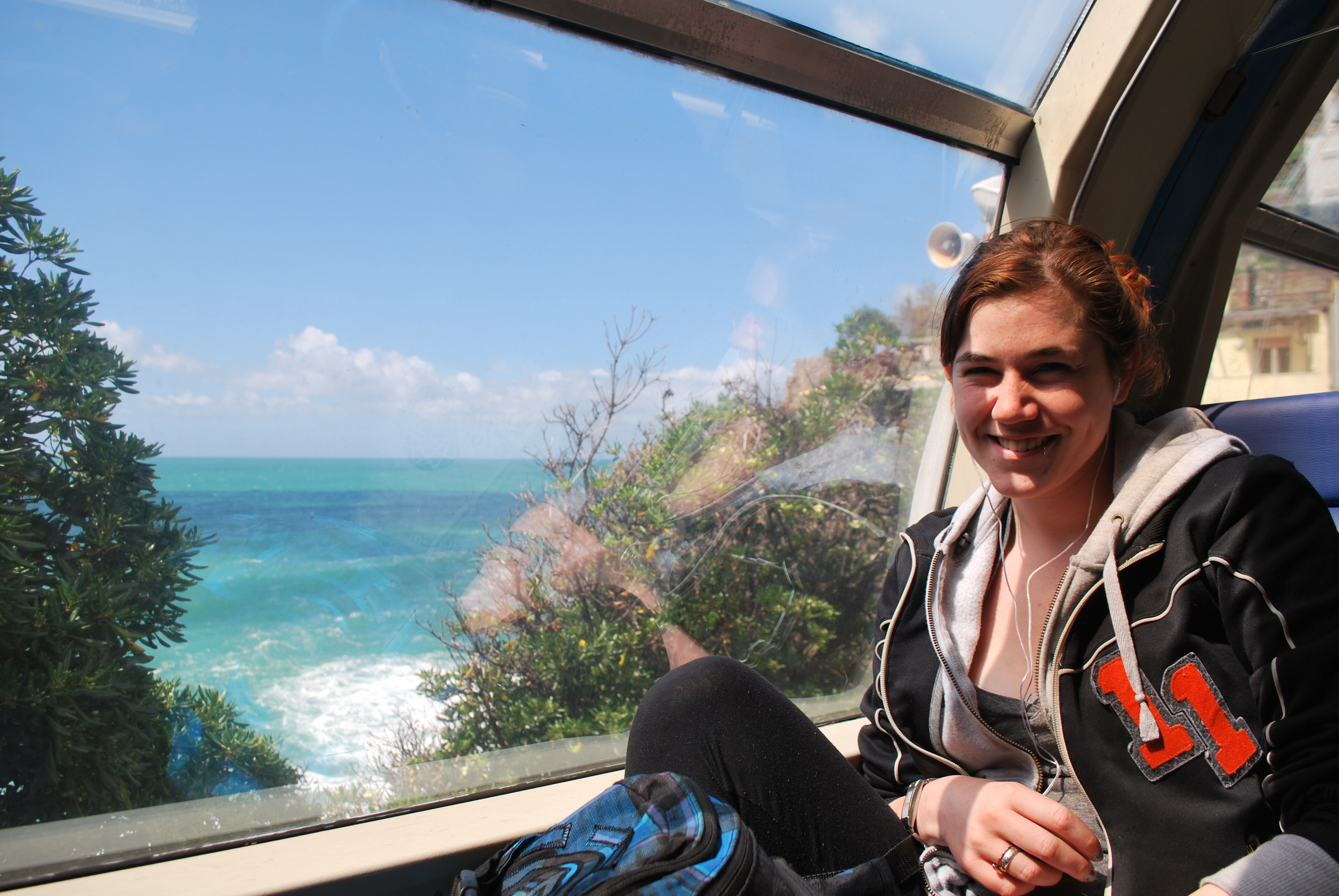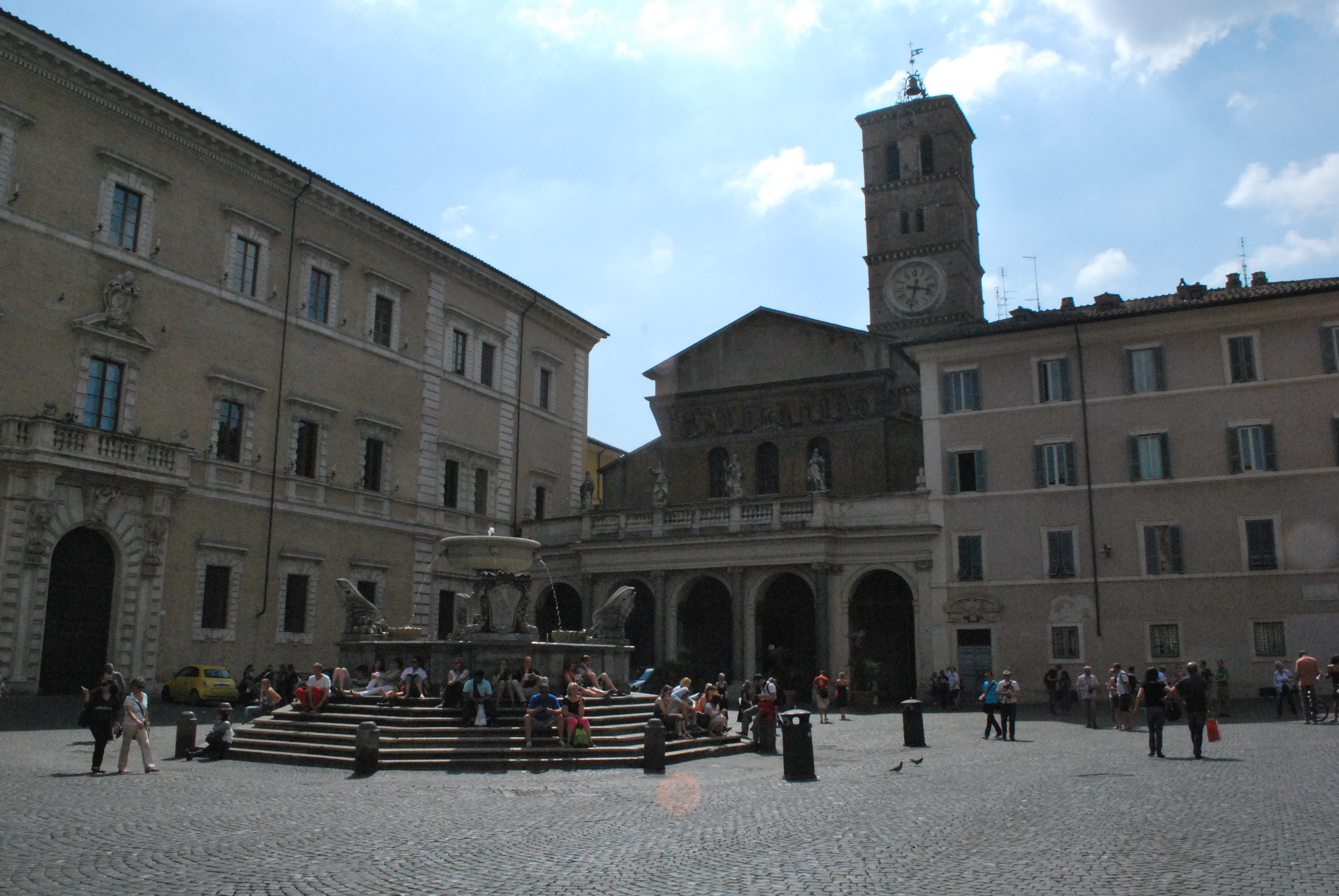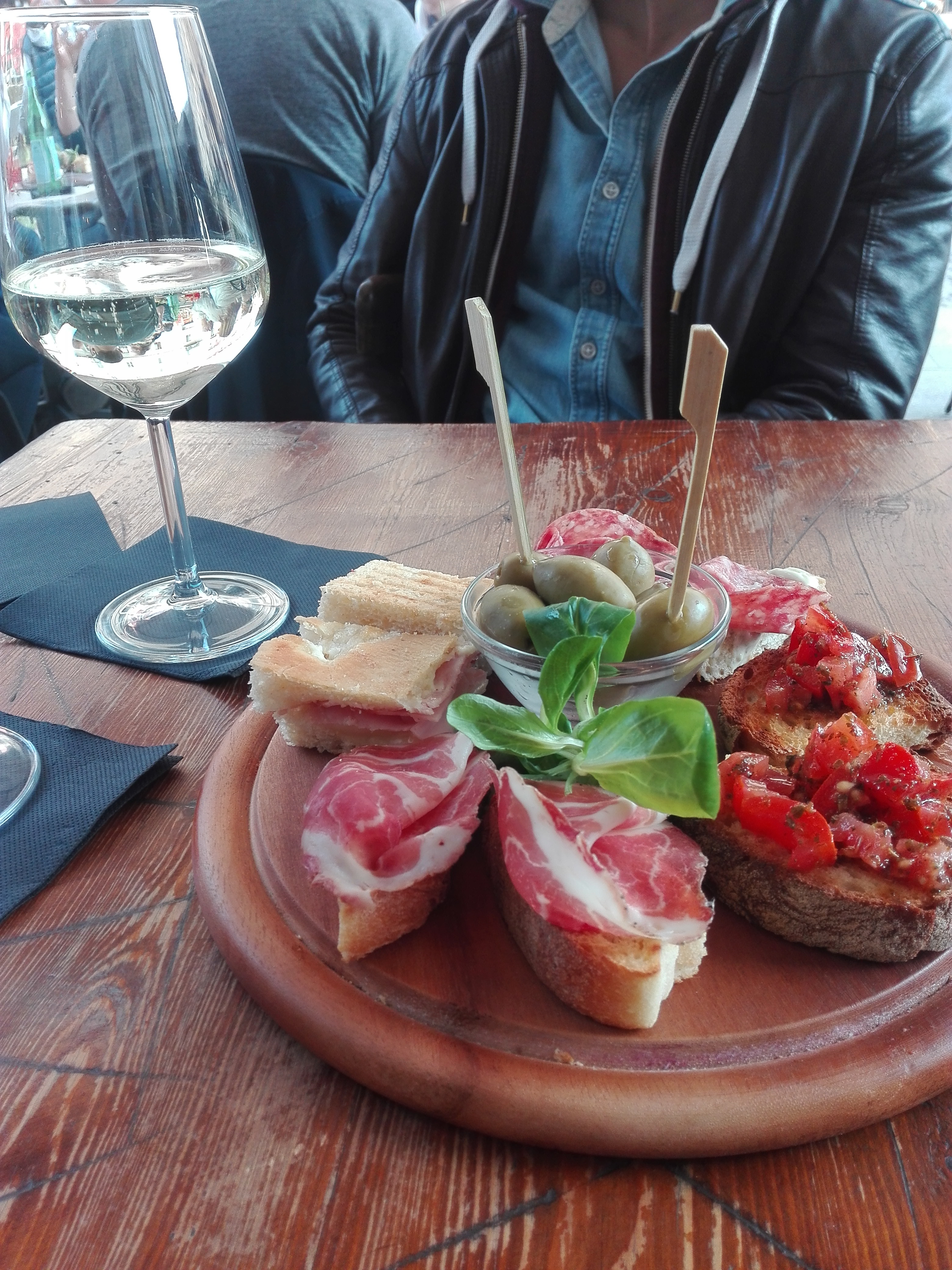You are probably about to set out on the semester of your dreams studying abroad in Italy, and I am guessing you are desperately searching for what to pack, what clothes to wear, and what medicines you need to bring. Hopefully, I can give you some advice to help out to get you ready for your semester abroad!
First, what do I know about Studying Abroad in Italy?
I actually came over to Italy directly at 18 years old and studied all 4 years of undergrad in Rome. While being a full-time foreign student, I met a whole wave of new semester-abroad students every 3 months. I kept seeing (and still today see) that they all make the same mistakes and struggle, with the same cultural difficulties. That is why I wanted to make this post, to prep you for a few months in Italy.

Of course, you all may be studying abroad in different cities, this post focuses on Rome and Florence, but if you have questions about another city, send me a note!
What do I need to pack for a semester in Italy?
I would recommend taking way less than you think, 7 to 10 outfits max. Italians dress simple, wearing the same staple items for days only switching small things up. Basic, but does the job. Plus the less you pack on the way means the more stuff you can bring home (and you WILL want to bring stuff home).
Let’s start with what is easier, what can you leave at home:
Those fancy heels -no really, they’ll be destroyed after one night on Italy’s cobbled streets.
White shoes, for that matter also white pants. Sadly these main cities are very polluted and you will find that between public transport and walking around your favorite whites will soon be very ruined.
Expensive Jewelry: It really isn’t worth the risk of losing it.
Towels/Shampoos/Feminine Products/ Books Many study abroad students show up at the airport with 3 huge bags, when they open them… you’d have thought they were packing to go to the middle of nowhere. Italy is a perfectly modern country, you will be studying in a populated city with all the options for these products. Save the weight and the space!
But while on Shampoo: the water in Italy is Hard, so if your hair is sensitive, see if you can get a product to counteract that before you leave, just to be sure!

What to bring to Italy:
Comfy shoes: I know your mom has told you twenty times, but LISTEN TO HER. You have no idea how much walking you really are about to do. Invest in good shoes, with strong soles. I had a pair of Frye boots when I first moved to Italy and loved them, but within less than 3 months, the soles were completely gone, had them redone and again in about only a month, finished.
Layers: The temperature is a bit funny in Italy. Given the buildings are stone, they don’t reflect heat. This means in the sun it could be hot, but as soon as the sun goes down you will be shivering. Also in the winter, it may not be snowy, but there is a humid cold that gives you chills. Bring different layers of jackets, covers, and sweaters, just to be sure.
Also, bring a light scarf! If you want to duck into a church to check out the art, you will have to cover down to knees, midriff, and shoulders!
Birth Control, and any specific medicines. Otherwise, Ibuprofen and these more general OTC meds can be found.
A good small bag that closes and has internal pockets. Just to stay safe with pickpockets.
Adapters for all your electronics! They aren’t so easy to find once you are already here.
Other things to know before you studying abroad in Italy:
Check your bank, but the best option for getting euros will be to take them out from an ATM in Italy. HOWEVER. Do NOT use the ATMs near tourist sites, use one from a real bank: Intesa San Paolo, UniCredit, BPER, Banca di (Insert Italian City name here).
Do Not Exchange at Italian Airports, the commission and rate are TERRIBLE.
If you are going to need your family or work to send you money, look into Wise.
Learn a few words of Italian. No, it is not 100% necessary, but it is really kind, will help you make local friends and appreciate the culture better, Plus impress everyone else who forgot to study.
Get a water bottle, there are water fountains all over the city!
Most likely getting a SIM in Italy will cost much less than your phone plan at home, so have a look around and see if you can put your home plan on hold.

Eating Abroad
When you are studying abroad in Italy you should definitely take advantage of all the amazing food the country has to offer. And really, accept a few months without Brunch and Mexican. Nothing upsets me more than seeing a study abroad student only eating out at American-style and Mexican food spots. It won’t be as good as home and is not worth it…
A pizza is a single size, for one person. Yes, we eat it all. This always seems to shock new students. Don’t question the calories, just know you walked them all off exploring your new city.
You pay for water at a restaurant, that is why it is good to have your own water bottle.
The 5 euro to 10 euro wine is worth it. I know the fact that 1 euro bottles exist is amazing, but trust me, explore some of your supermarket’s “pricier” bottles you’ll enjoy it.
American coffee probably can be found now in tourist stores, but try to get used to a little espresso. There also happens to be less caffeine in espresso so don’t worry about having 4 a day.
Learn to love aperitivo: if you are on a budget seek out some great aperitivos. This fantastic practice is where you buy a drink and usually, there is a buffet or plate of snacks to accompany it. Dig in, this saved me so much money as a student.
Traveling on your Semester Abroad
I know, you all want to go away every weekend and see… let me guess: Barcelona, Amsterdam, Dublin for St. Pats, Santorini, Pink Palace, Baths in Budapest and Paris? Ok, I get it, it’s incredible that we have budget flights and all of Europe at our fingertips… but don’t forget about Italy. There is way more to see in this country than your campus or uni city. Take some time to sit back and enjoy Italy the slow way, really soak up this culture you came to experience.
Try: Napoli, Sperlonga, Pesaro, Sicily, Matera, Bari, Ravenna, Sestri Levante, Verona, Padova, Lago Maggiore, Turin, or the Alps.
If you are looking for the best places to visit in Italy, shoot me a message, I would love to help you organize a great semester abroad.
When booking things have a look at these sites
Italo, for trains (also the Trenitalia, but I prefer Italo)
Skyscanner.it
Oh and by the way we don’t use Uber here, it costs 20x the price of a cab. Look for the Mytaxi app or the local SMS number in your city.
Some more things to know
A few other friends from the University pointed out a few more things to share about studying abroad:
First, Italy is not necessarily disability friendly, there are a lot of stairs and not many elevators. Keep this in mind when you are thinking about coming over.
When living in Italy: Don’t plug in all of your appliances and let them run at the same time! Italian currents can’t handle it.
So that should get you a little more ready for studying abroad in Italy.
Remember everyone is going to be a little stressed being in a new environment, but own this experience because no one ever left saying it didn’t change their life.
If you have any more questions about studying abroad in Italy, I would love to help out, contact me here.
If you found this information helpful you can show your support by buying me a glass of wine 🥂. I really appreciate it and each glass inspires me to research more into life in Italy!
And if you are looking for more help on your journey of making Italy home or looking for local insight to plan the best trip, get in touch, let me help you experience authentic Italy.
